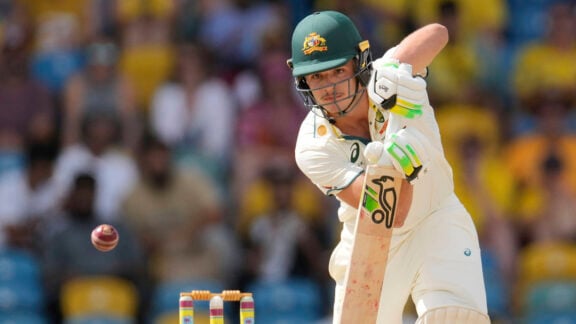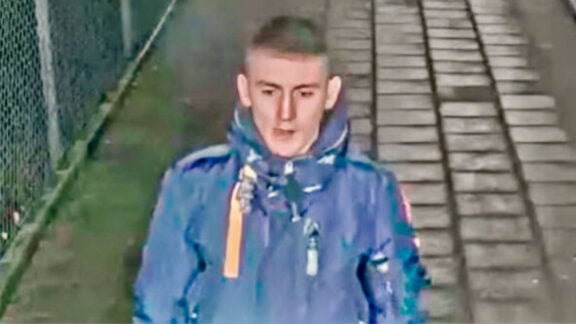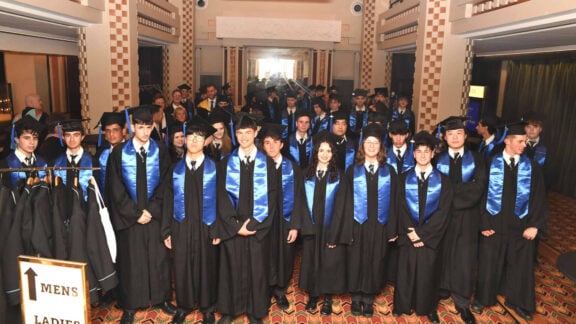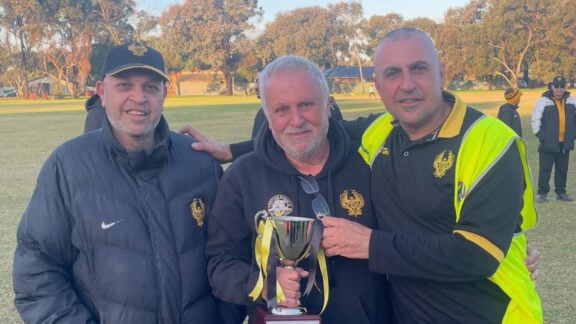In the wake of violence by Islamic extremists at a protest in Sydney two weeks ago, multiculturalism, and what it stands for in Australia, faced renewed examination, with political and community leaders engaging in debate over the event’s implications. On September 15 the nation was shocked by images of mayhem outside Sydney’s US consulate, with police being attacked as they defended diplomatic property from a mob intent on violent confrontation. One image of that day, of a child no older than a toddler, holding a placard proclaiming to “behead all those who insult the prophet” threw up a frightening, grotesque parody of the tolerance and social cohesion that multicultural policies in Australia – developed over nearly 50 years – are supposed to have delivered.
The Sydney protest encouraged hard-right politicians to label the confrontation as a failure of Australia’s multicultural policies. Liberal senator Cory Bernardi, who later in the week was forced to resign from his position as Tony Abbott’s parliamentary secretary, said: “The naive cling to the romantic idealisation of the generations of migrants who have successfully settled in Australia, thinking things will continue just as they have in the past. “They proclaim multiculturalism as a triumph of tolerance, when in fact it undermines the cultural values and cohesiveness that brings a nation together.” The controversial senator called the events in Sydney a wake-up call “to the naive and just plain foolish who are in denial that a significant problem is emerging in Australia.” Maria Vamvakinou MP – chair of the government committee charged with undertaking an 18-month inquiry into multiculturalism (due to be published next month) – told Neos Kosmos that such claims had no substance. “He’s wrong. He’d have to show evidence where multiculturalism as an official policy has undermined values over the past 45 years,” said Ms Vamvakinou. “I look at that period and see a completely different story. I see a society that on balance is very successful and cohesive in terms of its social relationships.” Ms Vamvakinou said that it was important to examine what lay behind the anger shown in Sydney, but added, “freedom of speech doesn’t mean you can incite violence, and expressing your offence to someone else’s freedom of speech doesn’t give you the right to break the law.” The Federal Member for Calwell said that the impact of social media to inflame potentially violent protestors had been a factor. “Multiculturalism can’t be held responsible for the fact that someone is going to copy a placard that has been shown in the streets of Libya.” “This is not the broader Muslim community,” she said. “If the media is going to dwell on last Saturday, then it should also dwell on the press conference that took place in Melbourne this week, when the head of the Coptic Orthodox Church Bishop Suriel, came together with the Islamic Council of Victoria to condemn what happened. “Multiculturalism allows that kind of coming-together. The networks that allowed that to happen don’t just happen overnight, they have been developed because we live in a society that has recognised how you work towards peace and cohesion.”
Meanwhile in Canberra on Wednesday, during her introduction to the inaugural lecture of the Australian Multicultural Council by Frank Lowy, Prime Minister Julia Gillard said multiculturalism involved non-negotiable respect for the foundations of Australia’s democracy and the rule of law. “Multiculturalism is not just the ability to maintain our diverse backgrounds and cultures,” said the PM. “It is the meeting-place of rights and responsibilities, where the right to maintain one’s customs, language and religion is balanced by an equal responsibility to learn English, find work, respect our culture and heritage, and accept women as full equals.” Honouring the legacy of migrants to Australia after WWII who sparked the post-war boom, the Prime Minister said those migrants had been nation builders. “Our multicultural achievement is too precious to be brought into question by the reckless actions of a few,” said Ms Gillard adding that multiculturalism is a balancing act that includes, not divides. Frank Lowy called on migrants to honour the ”great unwritten deal” – to follow Australian values and leave behind ideologies of hate in return for a better life in their adopted country. The Westfield co-founder and philanthropist, who as a teenager fled the Nazis in Europe and arrived in Australia in 1952, warned the internet and social media were being manipulated by people ”who set out to provoke”.
Mr Lowy called for a ”more muscular approach” to civic education – to teach everyone Australian values. “You are welcome; you are free to worship; you are free to honour your heritage; and, we will respect the differences between us,” he said. ”And in return, you should agree to live by the standards and values of this society, the one you have chosen to be a part of.” Mr Lowy commended Muslim leaders for their response in condemning the Sydney violence, saying it showed that Australia’s multicultural society was strong and mature.








